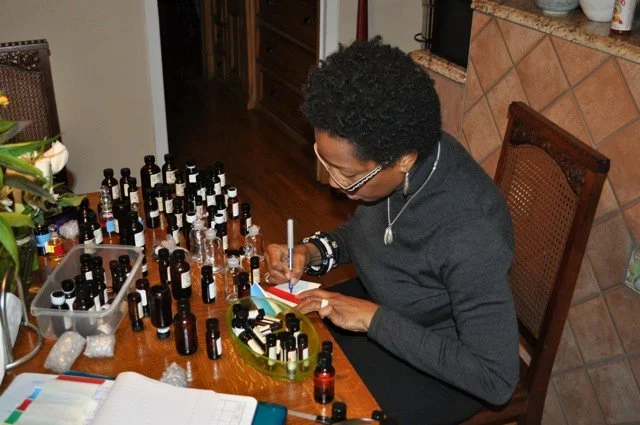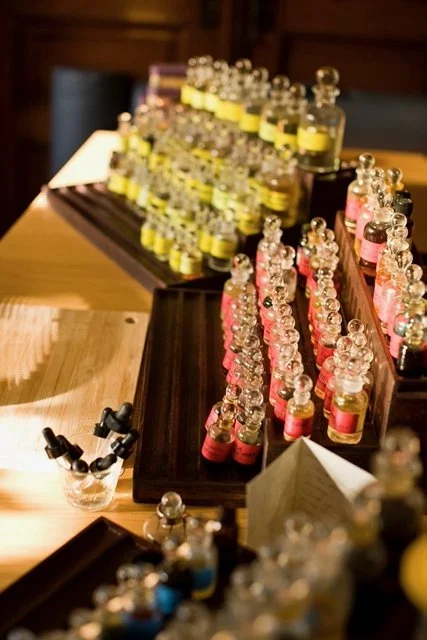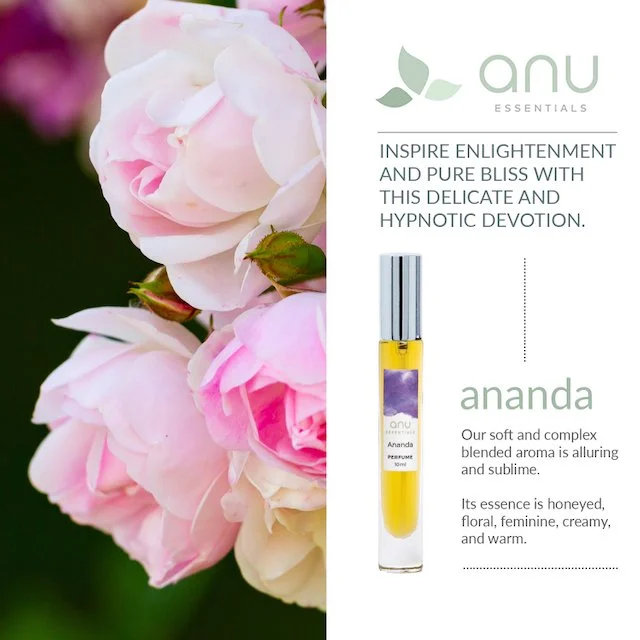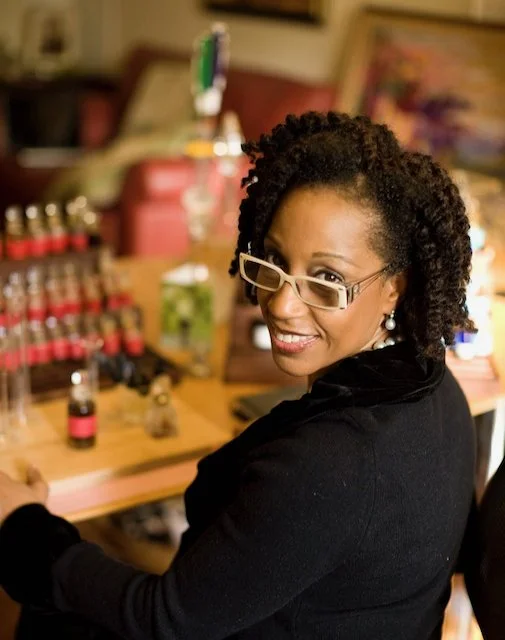The Miseducation of Our Noses
When I began studying the art of perfumery, I became submerged into a seeming underworld of wonder and curiosity. At the same time, I never felt more at home. I didn’t have to re-orient my nose, or get used to the smell of botanical elements, since I had been using medicinal-grade essential oils in the formulation of my hair oils for decades; what a blessing. However, I wasn’t actually familiar with perfume-grade essential oils and resins. That came as a rude awakening. When I wanted to make body butters with real rose and real jasmine, I found that doing so was just too expensive to even consider. In what products were natural rose and authentic jasmine being used? I soon found that the answer lay in the art of perfumery.
I thought everyone would feel the way I did about perfumes made with essential oils. But I quickly came to see that many people have not been exposed to the sometimes intense aromas of perfume-grade essential oils and resins, and initially don’t take to these scents. For example, perfume-grade floral notes are earthy and deep, with indoles (the “funky” molecules found in fecal matter) that offer a multi-dimensional experience. Our noses have been adulterated and are so accustomed to light and airy synthetic versions of botanicals, that the real thing can smell foreign and initially unappealing. However, natural essences are what the ancient Egyptians used to make their perfumes; this is how perfumery first began.
In fact, many scents from nature include in their profile the faint smell of soil. These scents are layered and complex, similar to the difference between eating fruit and eating candy. Both are sweet, but what they offer is worlds apart. One comes from the earth and the other from a laboratory; one is made by God (nature), and the other is manmade.
That said, admittedly, I do balance most of my perfumes with a small percentage of synthetics, as I found it difficult to sell them when they are strictly botanically-based. The important difference between Anu Essentials and commercial perfumes is that the latter are mostly synthetic, whereas ours are mostly botanical, with just a few synthetic ingredients to help lift, open, and make naturals less thick and dense in feel and aroma. Some of the more expensive commercial perfumes are now adding a few botanical elements.
When it comes to rose-scented perfume, I have heard women say it reminds them of something for little old ladies, or their grandmothers. Modern grandmothers no longer spend their golden years in rocking chairs, knitting sweaters; instead, they’re rocking the world with their wisdom, swagger, and talent.
What we are unaware of is the fact that rose oil is a key ingredient in the majority of perfumes. This is because of the way it plays well with other ingredients. The addition, rose oil creates harmony with and between the other essences by smoothing out sharp edges, lifting heavy base notes, and giving substance to flighty top notes. Even with our Anu Essentials brand, rose is often dosed lightly behind the scenes without a discernable presence. Now, as a departure from the usual, Anu Essentials Ananda Perfume elevates this exquisite Bulgarian rose as the jewel in the crown of this fragrance, presenting itself front and center.
Interestingly, I have learned that many people don’t care for the smell of rose, jasmine, tuberose, frangipani, or neroli. I believe our disenchantment with so many of these natural scents is that their synthetic, highly commercialized imposters have seduced us. An artificial fragrance can be quite cloying, reaching you before the person wearing it arrives, and lingering long after they’re gone. And have mercy, if a person wearing one of these scents hugs you, they leave their strong synthetic-laden scent clinging to you after the fact, and overpowering whatever you were wearing. It’s a real pet peeve of mine that can ruin a night’s outing.
I’ll never forget when I began making a hair oil scented with lemongrass in the late 80s. Several customers told me they didn’t like it, and it reminded them of the popular furniture polish, Lemon Pledge. So, I stopped making it and switched my herbal-scented hair oil to lavender. I would never do such a thing again, listening to the uninitiated. Lemongrass doesn’t smell like Lemon Pledge; if anything, Lemon Pledge smells like Lemongrass, but it could never compare. Decades later, I decided to bring back our Lemongrass Hair Oil, and it’s now one of my number-one bestsellers. How one feels about any scent is such an individual experience. There are many people who also don’t care for lavender, but our Lavender Hair Oil is doing quite well.
It is my hope that if you’ve never tried a natural perfume, you will give them a chance. Order a sample, or two, or three. Test them by sniffing them throughout the day.
Put a dab on and smell it 30 seconds later, experiencing the top notes, then smell it again 60 seconds later as the top notes settle down. Sniff again an 30 minutes later as the middle, or heart notes, rise up more prominently, and the florals open up. You will see how the fragrance unfolds, evolves, and changes. Finally, at the end of the day, you can smell the final dry down, or the base notes. During your aromatic journey, see if you can pick out one essence in each stage of the perfume.
All this to say, I’m begging you to please, give rose and natural perfumes a chance. Educate your nose by offering it something new, natural, and excitingly different.
Perfumer, Anu Prestonia, at her perfume organ.
In writing this blog post, I couldn’t help but think of my friend Henry Rock, who offered me the gift of paying for my first professional perfume workshop. Thank you, Henry Rock, for encouraging me to take the next step on my fragrance journey. Asé!





